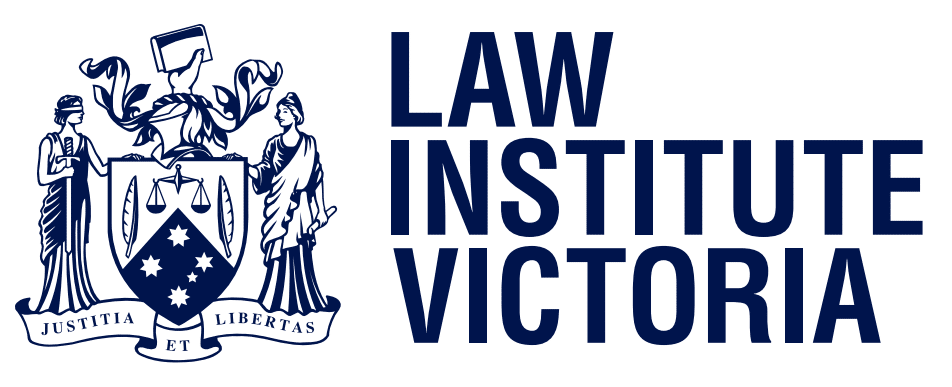Choosing an Executor is an important step in creating your Will. Your Executor is responsible for managing your estate and ensuring your wishes are adhered to following your death, and it’s vital that you choose someone you know well and trust.
Role of the Executor
The Executor of a Will has a number of important tasks to complete following the death of a person. Although being an Executor doesn’t require any specialised training or experience, it is a good idea to choose someone who is organised, competent, and dependable.
The key role of the Executor is to distribute your assets according to the wishes you expressed in your Will. This could include making an inventory of assets, holding onto assets in the interim, dealing with any real estate you own, and setting up trusts as required. They will usually be the person to contact any beneficiaries of your Will to let them know that they have received something.
The Executor will be responsible for a range of administrative tasks, including applying for a death certificate, providing death notifications to the Australian Tax Office and other government bodies, lodging tax returns if required, and claiming life insurance and superannuation payments.
If there are disputes between beneficiaries, the Executor will be the first person attempting to resolve these. They may also need to defend your estate against legal action.
Key Considerations When Appointing an Executor
There are a few key things to consider when choosing the right person to be your Executor.
Complexity of your Will
Many people have fairly simple and straightforward affairs, but when you have a complex estate it may be best to choose a professional Executor rather than a friend or family member. Detailed investment portfolios, complex assets or potential litigation can all make the execution of a Will more difficult, and a regular person may be unequipped to handle this.
Ability and Willingness of your Executor
Being an Executor can be a time-consuming task that some people don’t have the ability to do on top of their everyday life. Executors are not obliged to accept their appointment, and you should always discuss this with your chosen person ahead of time.
Additionally, if your Executor is older or has health problems, they may not be the best choice. Your Executor should be someone likely to outlive you.
Also make sure that your Executor has not been convicted of any crimes, as the Court may consider them unsuitable to administer your estate.
Relationships of your Executor
You will ideally have a close relationship with your Executor – either personally or professionally. They need to be someone you trust and believe to have integrity. However, you should also consider the relationships your Executor may have with other beneficiaries to your Will. For example, if someone with many children chooses only one to act as Executor, it can cause resentment between the siblings. It may be better to choo
Multiple Executors
You can choose to have more than one Executor of your Will. This is popular with people who have large families and many dependents. However, avoid appointing more than two people. This adds complexity and slows down proceedings when it’s time to distribute your assets, as well as leading to potential disputes. You can nominate a back-up Executor who will take on the role only when your first choice is not available.
Executor’s Commission
All people who are appointed as an Executor have the right to ask the Court for an Executor’s Commission, or remuneration for the ‘pains and trouble’ of administering an estate. When you choose a professional Executor, this will be built into their fees. Family members and friends can also claim this commission, which comes out of your estate. However, often people who you have a personal relationship with will choose not to claim this renumeration.
Difference between an Executor and Power of Attorney
You may decide to choose one person to act as both your Executor and Power of Attorney. Although these are both big and important roles, their timeframes will not overlap so it is possible for a single individual to do both.
Your Power of Attorney differs to the Executor in that they can act in your interests while you are still alive but incapable to making decisions, while an Executor only takes action following your death.
Power of Attorneys have more wide-reaching responsibilities. They can make legal, financial and medical decisions for you if you lack mental capacity or are otherwise incapable of doing so yourself.
Failure to Appoint an Executor
If you don’t appoint an Executor or don’t write a Will, you risk dying without anyone to distribute your assets the way you want. Dying without a Will or with an invalid Will means dying ‘intestate’, and when this happens the government may take ownership of the role of Executor for you. They will distribute your assets based on a formula, meaning some people may become beneficiaries even if you don’t want them to.



